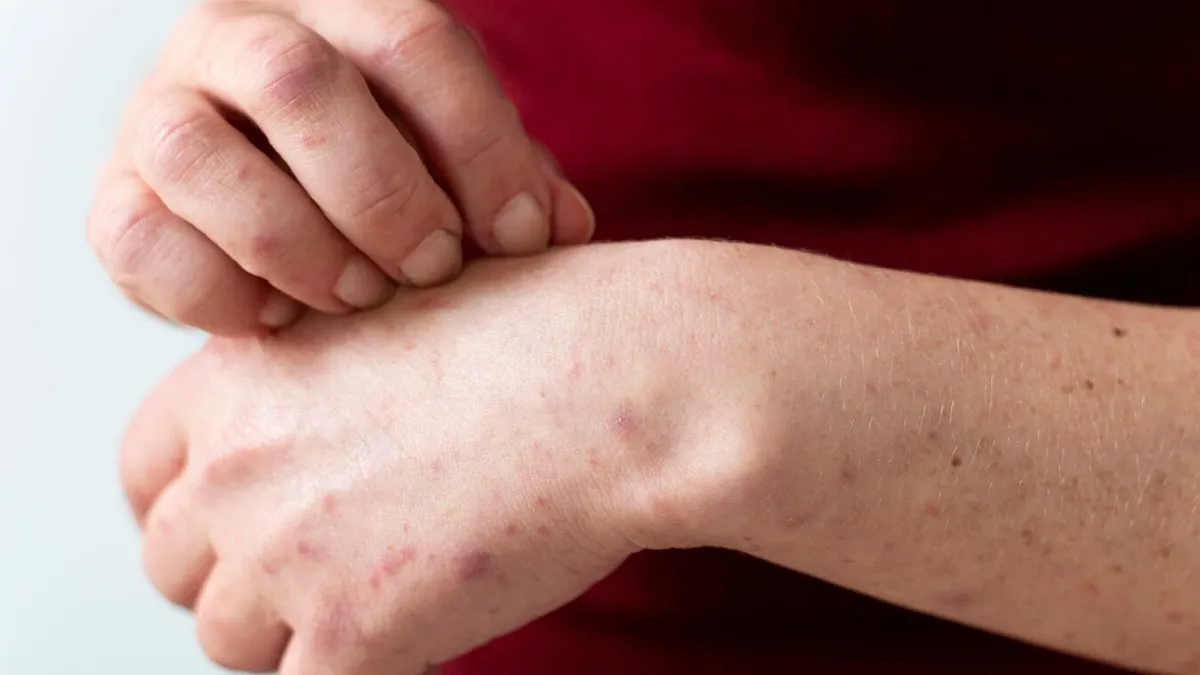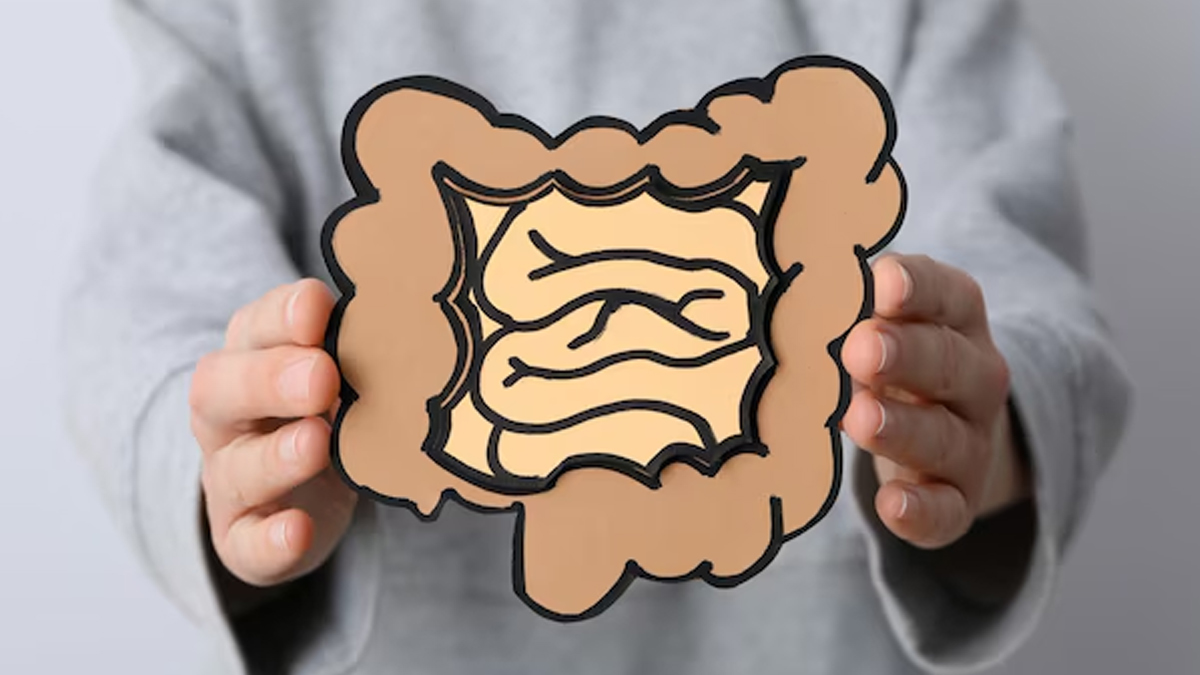
An inflammation in the digestive tract can be caused by Inflammatory Bowel Disease (IBD), which can be of two main types: ulcerative colitis and Crohn's disease. Crohn's disease can affect any part of the gastrointestinal tract, from the mouth to the anus, and worsen over time. Managing Crohn's disease usually involves taking prescribed medications and maintaining a healthy diet; however, all of it begins with early detection.
Table of Content:-
While Crohn's disease is often associated with digestive issues, some symptoms may seem unrelated and can easily be overlooked. Recognising these unusual signs is crucial for timely diagnosis and effective management.
Also Read: Dealing With Crohn's Disease? Watch Out For These Related Health Conditions
Common Symptoms Of Crohn’s Disease

Most people with Crohn's disease develop digestive issues and experience stomach-related symptoms. These include:
- Abdominal cramps, especially after eating
- Diarrhoea, which may be watery or bloody
- Feeling the need to have a bowel movement even when your bowels are empty
- Blood and mucus in your stool
- Loss of appetite and weight loss
Symptoms Of Crohn’s Disease That Go Beyond Digestive Issues

Dr Mangesh Keshavrao Borkar, Consultant—Medical Gastroenterologist, Manipal Hospital, Kharadi, Pune, says, "While digestive distress is the most common symptom of Crohn's disease, it can also present in unexpected ways.” The doctor lists unusual signs, which include:
- Prolonged fatigue
- Fever without sickness
- Nocturnal sweats
- Unexplained weight loss
- Gum swelling
- Oral ulcers
- A sore tongue
"Some people experience symptoms of anaemia, such as lightheadedness and dyspnoea. Puberty and delayed growth can also impact younger individuals. Despite being widespread, mental health issues, including elevated anxiety and depression, are frequently disregarded," Dr Borkar tells the OnlyMyHealth team.
How Crohn’s Disease Affects Skin
According to a 2015 study published in the United European Gastroenterology Journal, between 6% and 40% of Crohn’s disease patients develop skin or oral issues.
Dr Borkar explains that Crohn's disease is an inflammatory condition, which is why it can affect more than just the gut. “Skin conditions such as erythema nodosum (painful red nodules) and pyoderma gangrenosum (ulcerative sores) may develop. Eye inflammation, such as episcleritis or uveitis, can result in redness, pain, and visual problems. Joint discomfort and swelling, similar to arthritis, can occur, especially in larger joints such as the knees and ankles,” he says, adding that these symptoms are frequently associated with digestive disorders, although they can also occur on their own.
It is crucial that patients are aware of persistent skin lesions, eye discomfort, and unexplained joint pain, as these may indicate worsening inflammation. Regular check-ups with dermatologists, ophthalmologists, and rheumatologists can help you manage these issues effectively.
How To Diagnose Crohn’s Disease When You Do Not Have Classic Symptoms

Diagnosing Crohn's disease symptoms outside the intestine requires a multidisciplinary approach, including:
- Blood tests to detect inflammation, anaemia, and vitamin deficiencies linked to fatigue and neurological symptoms.
- MRI and CT scans to identify joint inflammation.
- X-rays to detect arthritis-like changes.
- Skin biopsies to confirm inflammatory skin conditions.
- Eye tests to identify uveitis or episcleritis.
- Neurological tests to assess tingling or weakness with nerve conduction studies.
- Mental health screenings to check for mood disorders common in chronic illness.
- Regular follow-ups to ensure early management and prevent complications.
Tips To Manage Crohn’s Disease
“Beyond digestive symptoms, Crohn's disease treatment calls for a specific plan,” says Dr Borkar. These include:
- Immunosuppressants, biologics, and anti-inflammatory drugs, which can aid in the management of systemic symptoms.
- Fatigue and neurological problems can be treated with a nutrient-rich diet that includes iron and B12 supplements.
- Low-impact exercises and physical therapy help with joint pain, and dermatological therapies deal with skin flare-ups.
Dr Borkar advises that patients with recurring mouth ulcers, joint swelling, vision problems, or unexplained nerve issues should seek medical attention immediately. Regular check-ups with a gastroenterologist and specialists help manage symptoms effectively, whereas managing stress and seeking mental health support, such as counselling or relaxation techniques, can also improve overall quality of life, he concludes.
How we keep this article up to date:
We work with experts and keep a close eye on the latest in health and wellness. Whenever there is a new research or helpful information, we update our articles with accurate and useful advice.
Current Version